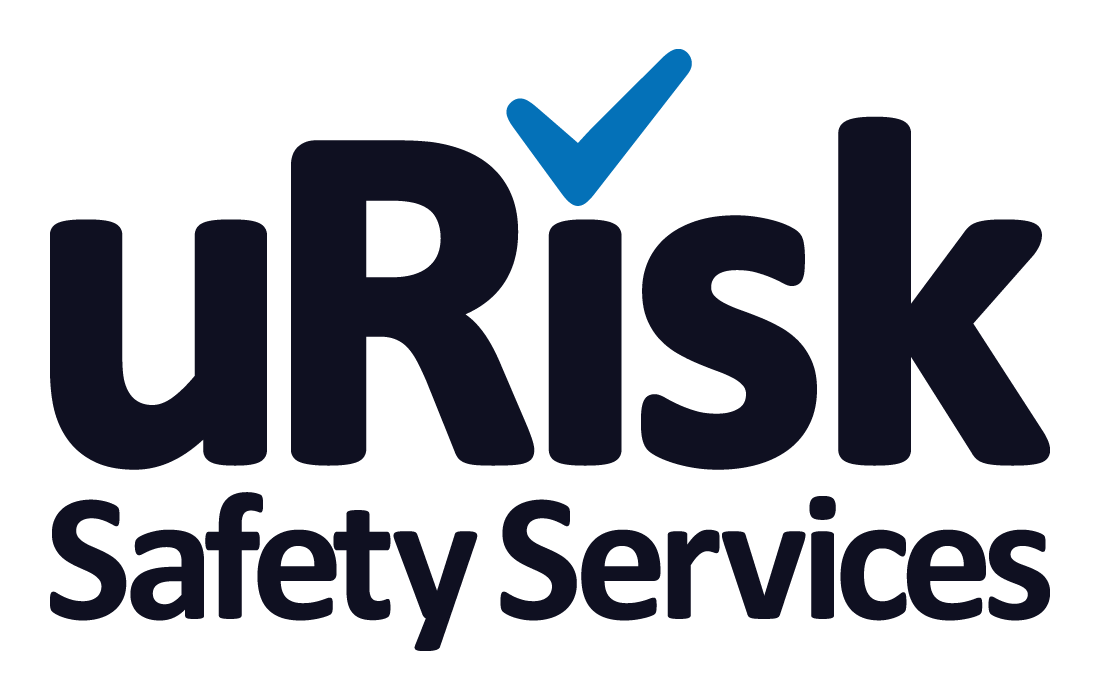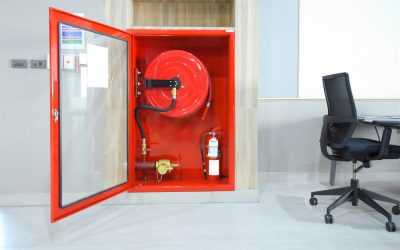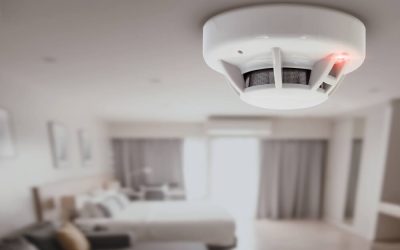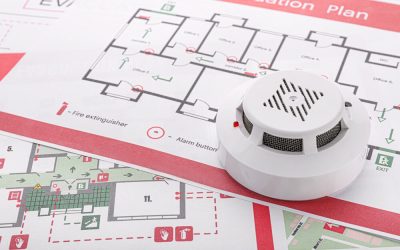What are the legionella testing requirements in the UK?
Under the Health and Safety at Work etc Act 1974 (HSWA), the UK’s health and safety law, it is the duty of a responsible person to understand the health risks associated with the legionella bacteria. Legionella water testing requirements are part of the responsible person’s legal duty of care which includes identifying, assessing and managing any risks in order to prevent an outbreak of Legionnaires’ disease.
As part of legionella regulations, it is up to the employer, landlord or designated representative to understand and manage the health and safety risks involved in the management of all substances hazardous to health, part of which involves regular legionella risk assessments to prevent legionella growth and implement legionella control procedures.
Why legionella testing is so important to your business
You will need to take samples from hot and cold water systems at various points throughout your premises. This is an important part of the water testing process as clusters of legionella bacteria in one part of your water system are unlikely to be detected in a different area. If the legionella testing is positive for low numbers of bacteria in your water, then the remedial action you need to take could be as simple as cleaning your water tank – work that can be done with minimal disruption to your business.
If high levels of bacteria are present, then you will not only have to make extensive remedial works, but may also have to close your business until the outbreak has been dealt with. In such an eventuality, it is not just a case of spending money to solve the problem, but also a potential loss of business if you have to vacate the property until the outbreak has been dealt with.
There is also a possibility that an outbreak of bacteria could result in someone developing Legionnaires’ disease. If this happens, your company faces fines for breaching the Health and Safety at Work Act 1974. As a recent example, a plastics manufacturer in the Midlands was fined £50,000 plus £11,000 in costs after an outbreak of legionella resulted in five people developing Legionnaires’ disease.
Legionella control measures
Legionella control measures are therefore necessary not only to keep your staff, clients, customers and visitors safe, but also to protect your business. To understand the best control measures to take, it’s first important to understand the conditions in which legionella bacteria can thrive.
The optimum conditions for legionella bacteria are in stagnant water that contains organic particles, sludge, limescale or rust, and in water temperatures between 20oC and 45oC. Flowing water means legionella is continually flushed through with no opportunity to settle anywhere and breed. It also means that any contaminants the bacteria might be able to feed on is also flushed through the system.
Temperature monitoring is therefore an important part of legionella management. In order to reduce legionella risk and prevent the bacteria from thriving, the recommended temperatures are for cold water systems to be kept below 20oC, and the hot water system kept to a minimum of 50oC. We suggest using a legionella thermometer to manage and measure water temperature.
To keep the water from stagnating, it’s important to keep flushing the system. If your premises are vacant for long periods of time, or if there are parts of your building that are used less than others, all you need to do is to flush toilets and run taps for a couple of minutes once a week.
Legionella risk assessment
Talk to us about sourcing your legionella risk assessment and water testing. As a specialist service provider, we can help you fulfil your legal requirement with regards to the management of legionella, giving specific guidance on legionella risks, water storage and water quality.
Legionella and Water Hygiene Blog Posts
Office Fire Risk Assessment
As you would expect, keeping your office safe from the risk of fire is a legal requirement under the Regulatory Reform (Fire Safety) Order 2005. If you are the owner or manager of a business, or landlord of an office building, it is your responsibility to ensure your...
Fire Risk Assessment For Flats
Your legal requirements as a landlord include taking precautions to keep your tenants safe, including when it comes to the risk of fire in flats. As part of the fire safety regulations, fire risk assessments for flats is therefore part of your legal obligation to...
Getting A Risk Assessment For Fire in the UK
As an employer, landlord or facilities manager, it is your legal responsibility to keep everyone who uses your premises safe. A fire risk assessment is an important part of this because it identifies what might cause a fire so you can take steps to prevent one, as...



